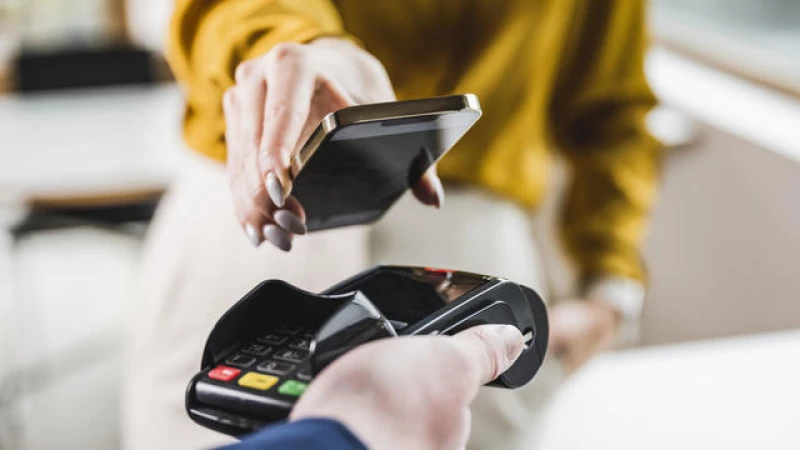Do you use Apple Pay or another mobile payment service to make purchases? If so, you could be spending more than if you relied on a physical credit card or cash.
Services like Google Pay and China-based Alipay that let you pay by hovering your phone over a terminal and clicking a button can lead to consumers spending more money than they otherwise would, largely driven by how easy the systems make it to buy things, new research shows.
The ease and convenience of tapping to pay leads consumers to spend more compared to when they paid by credit card, according to the study, which was led by Yuqian Zu, assistant professor at the Kenan-Flagler Business School at the University of North Carolina at Chapel Hill.
Studying payment activities from a leading bank in Asia before and after the launch of Alipay, the largest mobile payment platform, researchers found that the mobile payment service led to greater spending.
How much more do people spend with their phones?
Consumers both spent more money and made more purchases when tapping to pay. The researchers found that customers charged 9.4% more on average to their credit cards both online and in person after they started making mobile payments. They also made more purchases.
Mobile phone payments are convenient in more way than one. First, transactions are quicker, taking an average of 29 seconds, versus 40 seconds when paying with a physical credit or debit card, according to the study.
"This swift transaction speed contributes significantly to the overall convenience experienced by users," Zu told CBS MoneyWatch.
Second, mobile payments mean consumers don't need to carry wallets or purses. Many people believe this makes commercial activities more secure.
"This aspect alone can enhance the perceived security of payments for consumers," Zu said. "You don't need to present a card with numbers. And also by eliminating the need for a physical card, mobile payment systems streamline the transaction process and provides a sense of ease and security for users."
While the study doesn't examine the issue, Zu also thinks the ease of mobile payments can lead to consumers racking up more debt.
"I personally think this could be a factor that contributes because people are spending more," she said.
Instead of advocating for a complete avoidance of smartphones or the deletion of payment apps to prevent overspending, Zu emphasizes the importance of consumers being mindful of the potential behavioral shifts that mobile payment services can enable. She highlights a tendency to spend more freely when using these services.
According to Zu, "The findings underscore the need for the general public to recognize that increased convenience could lead to higher expenditures." This includes instances of impulsive purchases both at physical checkout counters and online platforms, where users can securely save their credit card details.
She further explains, "Due to the ease of transactions, individuals may not even realize the extent of their purchases." By being conscious of this phenomenon, consumers can effectively "manage their financial resources and curb impulsive spending."







